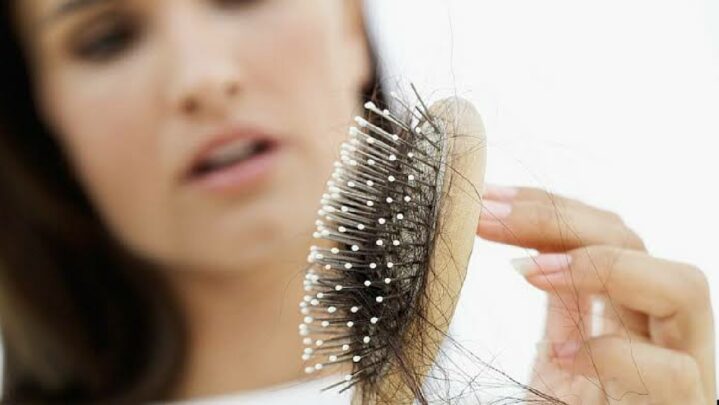Menopause is a natural biological process that all women go through at some point. As the body responds to shifting hormone levels, it undergoes a variety of physical changes during this time. Hot flashes, mood changes, and insomnia are all common side effects of menopause for many women. Another typical occurrence is hair loss.
Hormonal changes are usually often the cause of hair loss in women going through menopause. However, hair loss during menopause can be caused by a variety of other circumstances. Extremely high levels of stress, disease, or a deficiency in particular nutrients are examples.
Hair loss can make you feel insecure about your look, but it isn’t a permanent issue. You can also take actions to address hair loss and increase hair quality. Keep your hair healthy and strong during menopause by following these recommendations.
1. Exercise.
Exercise is an important part of living a healthy lifestyle. When you incorporate exercise into your routine, you will feel stronger and happier. It also aids in the prevention of other menopausal symptoms such as mood swings, weight gain, and insomnia. All of these elements are necessary for hormonal balance, which promotes healthy hair development.
2. Eat Healthily
The greatest way to prevent hair loss is to eat a well-balanced, low-fat diet. Ensure that each meal contains a suitable number of healthy grains, fruits, and vegetables. Mono-saturated oils, such as olive oil and sesame oil, should also be included in your diet. Green tea, as well as vitamin B6 and folic acid pills, may aid hair development.
3. Stress Relief
To avoid a hormonal imbalance, it’s critical to maintain a healthy stress level. Reduced estrogen production can induce mood swings, anxiety, and melancholy by altering your brain chemistry. Yoga and other breathing relaxation techniques, on the other hand, are particularly beneficial in combating menopausal symptoms. Regular exercise can also assist in stress reduction.
4. Hydrate yourself.
To function effectively, your body requires hydration. Drink plenty of water throughout the day and avoid sugary beverages such as juices, sodas, and other flavored beverages. The amount of water required varies by person and is determined by a variety of factors, including overall health and exercise intensity. However, eight 8-ounce glasses of water should be consumed each day.
5. Discuss your medications with your doctor.
Hair loss is one of the negative effects of several drugs. If you’re losing a lot of hair and think it’s because of your medication, talk to your doctor. Your doctor may be able to switch you to a different medication that has fewer side effects.
Keep reading successyeti.com
Also Read: 5 Common Reasons Of A Headache You May Not Be Aware Of





